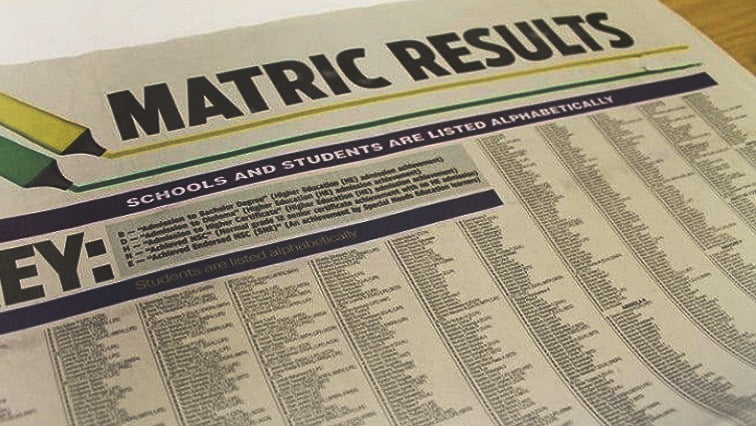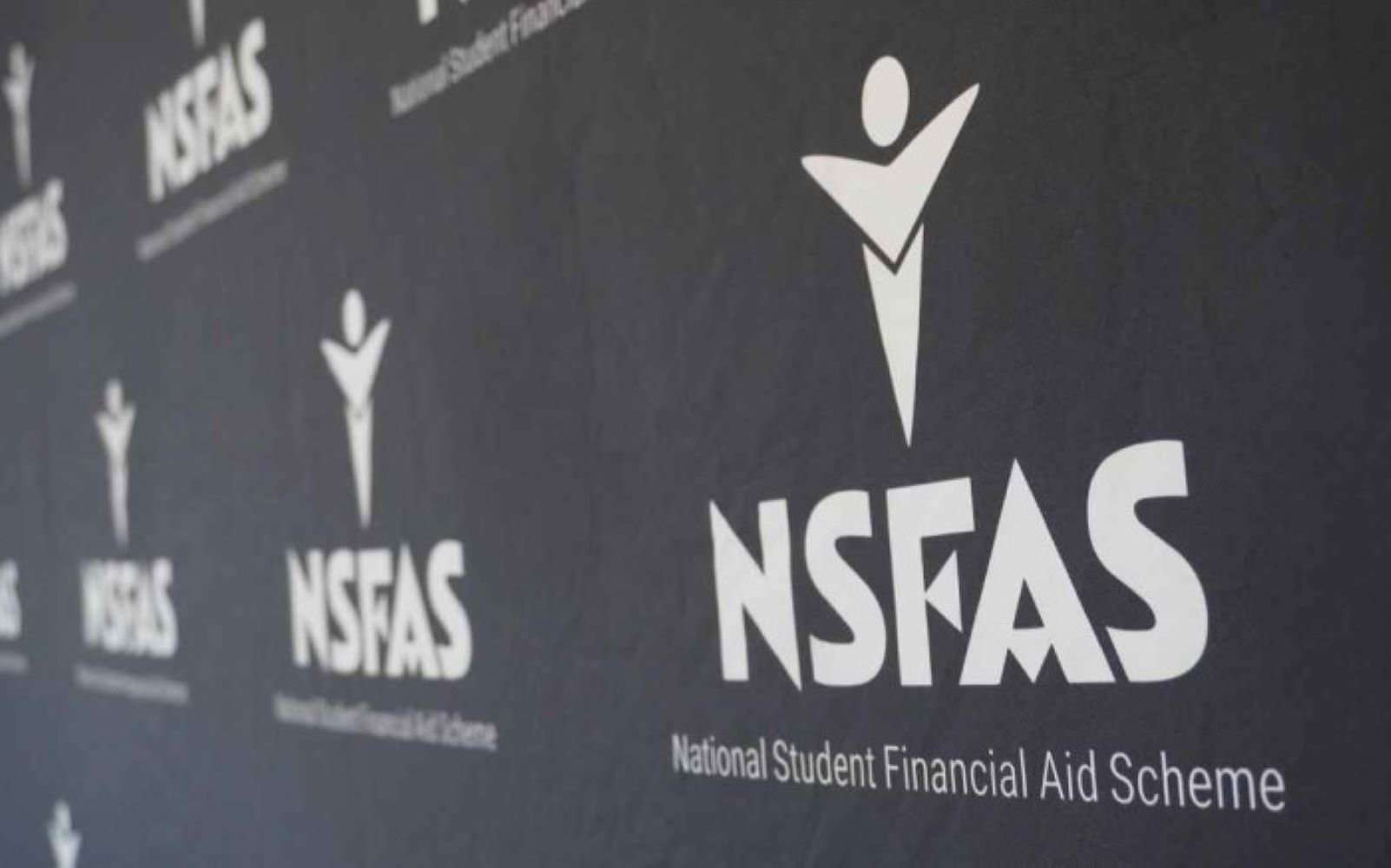The world of work is transforming at an unprecedented pace, driven by artificial intelligence (AI), other technological advancements, and the reorganisation of previously settled historical processes across the world.
Predicting the future – and therefore being able to make an educated guess about a sustainable career path after school – has never been more challenging, yet the task of preparing today’s students for tomorrow’s workforce is more critical than ever.
“Navigating this rapidly changing landscape requires a bold rethinking of education,” says Dr Linda Meyer, MD at IIE Rosebank College.
“In South African lecture halls, we must now prioritise critical thinking, interdisciplinarity, and authentic assessment to cut paths through uncertainty. For career services, it’s about setting students on the right trajectory and forging industry partnerships to guide them.”
With AI reshaping industries and creating roles that are yet to be defined, educators face the challenge of preparing students for careers that don’t currently exist, which requires universities to foster adaptability and curiosity.
“We can’t teach specific job skills for roles that haven’t emerged, but we can teach students how to learn, unlearn, and relearn – even after they leave our corridors of learning. Critical thinking and complex problem-solving are the bedrock of this approach, enabling students to tackle novel challenges with confidence,” Dr Meyer says.
Interdisciplinary education is another key strategy, she notes.
“By blending fields like social science, technology, environmental science, and business, students gain a holistic perspective that prepares them for hybrid roles, as it is clear that the future workforce will need to bridge disciplines.”
Embedding AI literacy
As AI becomes ubiquitous, embedding AI literacy into curricula is non-negotiable.
“Students don’t need to be AI experts, but they must understand its applications, limitations, and ethical implications. Therefore, universities must aim to integrate AI literacy across its programmes, teaching students how to leverage tools like machine learning platforms while critically assessing their outputs. This ensures graduates are not only comfortable with AI, but can use it to enhance their work.”
The power of transferable skills
In an era of economic and environmental volatility, transferable skills—often called soft skills—are vital for resilience.
Dr Meyer highlights communication, collaboration, and emotional intelligence as essential for navigating future challenges and upheaval.
“These skills empower students to adapt to diverse roles and industries, from tech startups to green energy ventures. One way to develop this at university level, is to incorporate authentic assessments, such as real-world projects and simulations, to hone these skills.
Partnering with industry
Strong industry partnerships are crucial for aligning education with market needs. Universities must therefore not operate as academic silos, but actively collaborate with business and industry to co-design curricula, offer internships, and provide mentorship.
“Industry partners help us anticipate emerging roles and skills gaps,” says Dr Meyer. “They also give students a foot in the door, bridging the gap between classroom and career.”
Improving work readiness
Work readiness remains a cornerstone of the duty of universities towards their students.
This can be nurtured through practical experiences like internships, industry projects, and career coaching.
“Universities should seek to help students graduate with both technical expertise and professional polish. A focus on real-world learning ensures students are not just qualified, but workplace-ready.”














